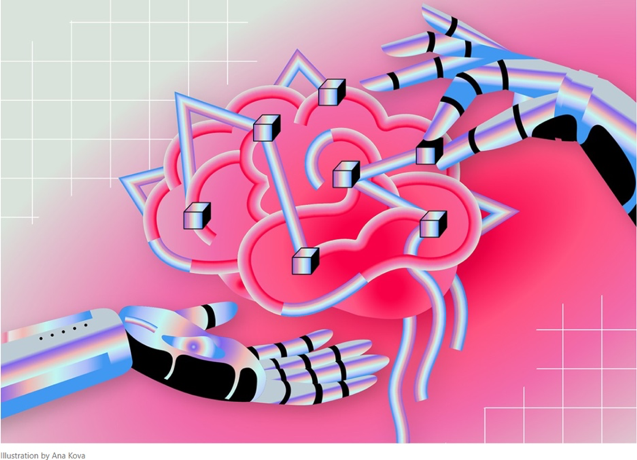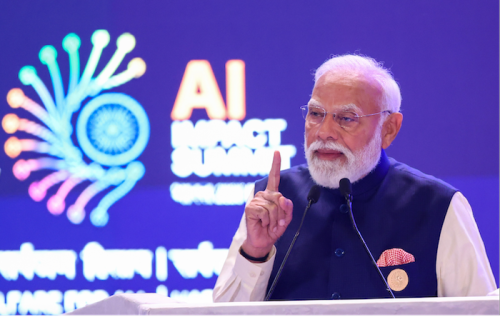In 2020, a machine-learning algorithm helped researchers to develop a potent antibiotic that works against many pathogens. Artificial intelligence (AI) is also being used to aid vaccine development, drug design, materials discovery, space technology and ship design. Within a few years, numerous inventions could involve AI. This is creating one of the biggest threats patent systems have faced.
Patent law is based on the assumption that inventors are human; it currently struggles to deal with an inventor that is a machine. Courts around the world are wrestling with this problem now as patent applications naming an AI system as the inventor have been lodged in more than 100 countries1. Several groups are conducting public consultations on AI and intellectual property (IP) law, including in the United States, United Kingdom and Europe.
If courts and governments decide that AI-made inventions cannot be patented, the implications could be huge. Funders and businesses would be less incentivized to pursue useful research using AI inventors when a return on their investment could be limited. Society could miss out on the development of worthwhile and life-saving inventions.
Rather than forcing old patent laws to accommodate new technology, we propose that national governments design bespoke IP law — AI-IP — that protects AI-generated inventions. Nations should also create an international treaty to ensure that these laws follow standardized principles, and that any disputes can be resolved efficiently. Researchers need to inform both steps.
The original article was posted at Nature.
The Boston Global Forum (BGF), in collaboration with the United Nations Centennial Initiative, released a major work entitled Remaking the World – Toward an Age of Global Enlightenment. More than twenty distinguished leaders, scholars, analysts, and thinkers put forth unprecedented approaches to the challenges before us. These include President of the European Commission Ursula von der Leyen, Governor Michael Dukakis, Father of Internet Vint Cerf, Former Secretary of Defense Ash Carter, Harvard University Professors Joseph Nye and Thomas Patterson, MIT Professors Nazli Choucri and Alex ‘Sandy’ Pentland, and Vice President of European Parliament Eva Kaili. The BGF introduced core concepts shaping pathbreaking international initiatives, notably, the Social Contract for the AI Age, an AI International Accord, the Global Alliance for Digital Governance, the AI World Society (AIWS) Ecosystem, and AIWS City.











